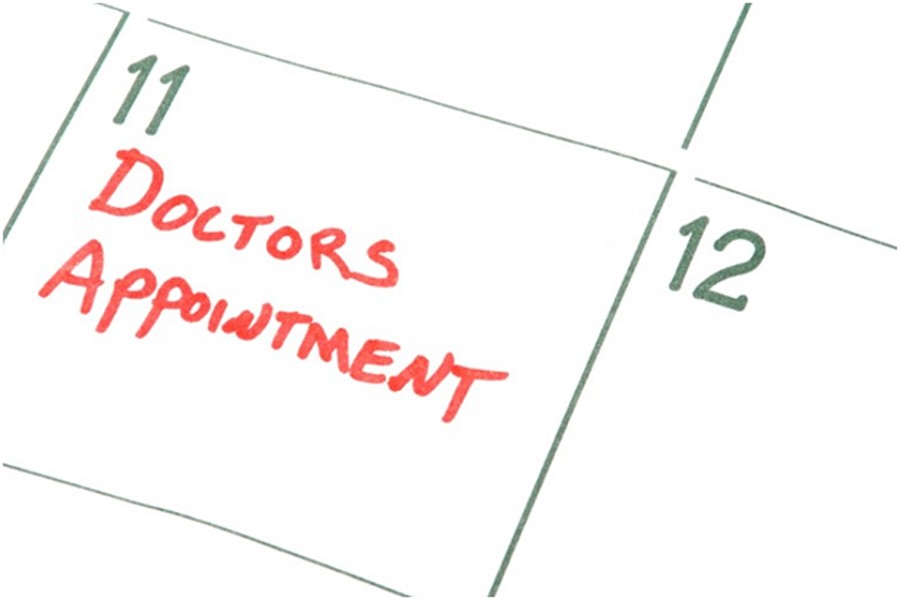Changing to a new doctor is often stressful, but for an elder who is set in their ways, seeing an unfamiliar physician can be extremely unsettling. It is important since the right doctor can make all the difference in managing the myriad health problems elderly people often have. It is important to find one with interest in treating older adults–a geriatric doctor, an MD with a specialty in geriatrics, is best. Bottom line: a physician with a heart for seniors.
If your aging parent is experiencing memory loss and needs to be evaluated by a dementia specialist but refuses to go, ask their primary care physician to rave about the new doctor saying how much he/she has helped so many of his other patients over the years. Clue the primary care doctor in to say something like, “Dr. Smith has helped so many of my patients with their memory problems (never use ‘Alzheimer’s’ or ‘dementia’), but she has such a long waiting list that I don’t know if I can get you in. I’ll get your records over to her office and then when you are in that area, go in and put your name on the waiting list, as you have to do that in person. I think it’s probably a six month or longer waiting list because she’s so good.”
Then set up the appointment and clue in everyone, including the receptionist. Take your loved one to lunch and don’t say a word about your plans. Pretend you have an errand and casually drive by the new doctor’s office and say, “Oh, here’s where that Dr. Smith’s office is that your doctor wants you to see. Let’s go in and put your name on the waiting list while we’re here, since it is going to be such a long time before we can get in to see her.” Be casual, go sign in and then say, “Oh my gosh, the doctor has a cancellation and can see us right now! What luck we are having!” Okay, so it requires what I call a little “fibology,” but hey, whatever works!
Another idea: If you have Durable Power of Attorney for your elder’s health (you should also have POA for financial decisions), ask for copies of their medical records from their existing physician. Then, take the records to the new doctor yourself and ask for his/her office staff’s assistance to call your elder to help reduce their fear of the unknown. With the right tone and encouragement from a caring healthcare professional (and raves about the new doctor), it may be easier to get your loved one to consent to see this new physician.
YOU MAY ALSO LIKE
Free AgingCare Guides
But if you have an aging parent who just won’t go see a doctor of any kind, period, you have to realize that when you were the child and you were ill, your parent would have done everything in their power to make you better. And if you recall, it didn’t matter how much you screamed and yelled. If you needed to see a doctor or have a certain treatment, you got it.
And yes, as adults we’ve earned the right to make our own decisions, but oftentimes once-competent elders don’t think as rationally as they used to and can become incapable of making the best decisions. So, when you know in your heart that the time has come to step up and be “the parent,” just remember what my grandmother used to say: “Once an adult, twice a child.” That may help keep your focus and resolve to think creatively to get your elderly loved one the medical care they need–no matter how much they doth protest.
Source: https://www.agingcare.com/articles/aging-parent-refuses-go-to-doctor-133384.htm

